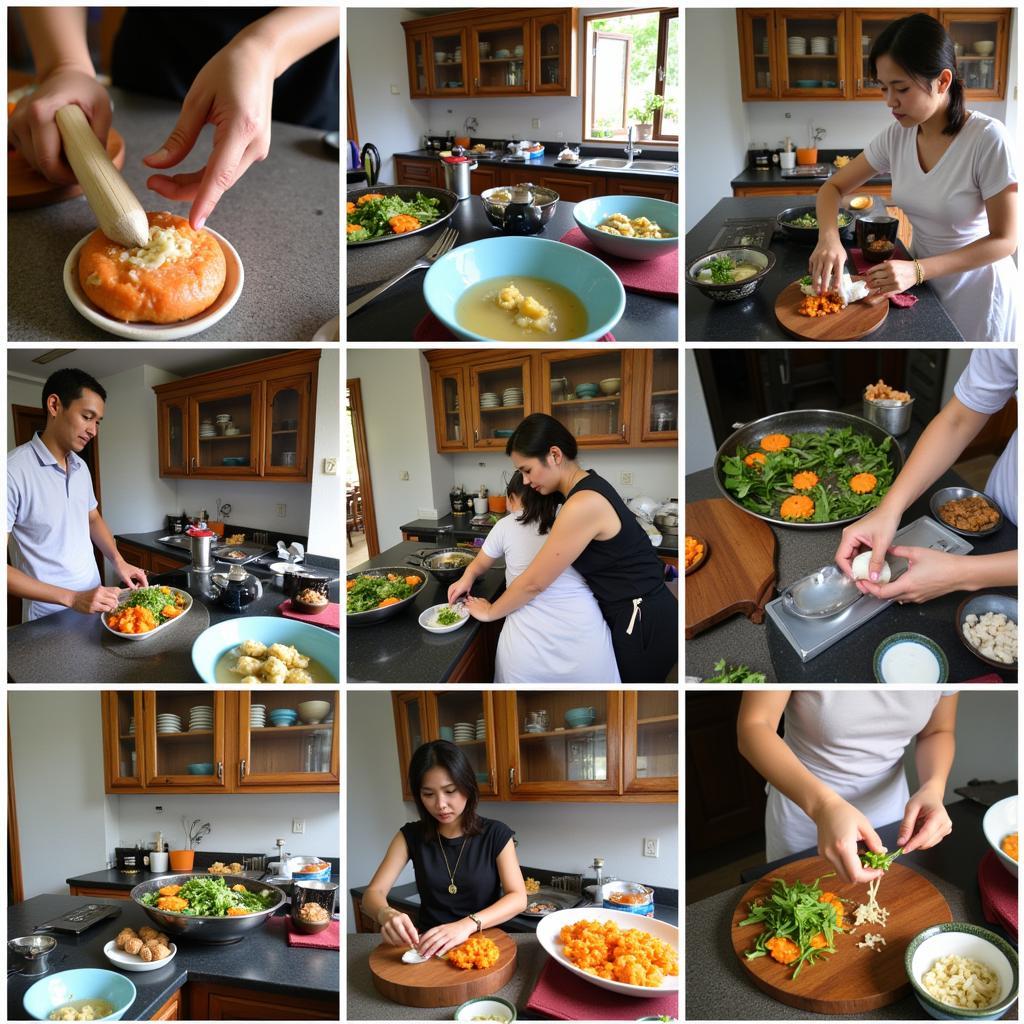A Asean Resumo, or summary, provides a concise overview of the Association of Southeast Asian Nations. This dynamic intergovernmental organization plays a crucial role in promoting political, economic, and socio-cultural cooperation within Southeast Asia. From its inception, ASEAN has aimed to foster peace, stability, and prosperity in the region.
What is ASEAN: A Brief Overview
The Association of Southeast Asian Nations (ASEAN) is a regional intergovernmental organization comprising ten Southeast Asian countries: Brunei, Cambodia, Indonesia, Laos, Malaysia, Myanmar, the Philippines, Singapore, Thailand, and Vietnam. Established on 8 August 1967, ASEAN has sought to accelerate economic growth, social progress, and cultural development among its members. It also promotes regional peace and stability through adherence to the principles of the United Nations Charter.
The Pillars of ASEAN Cooperation
ASEAN’s framework rests on three fundamental pillars: the Political Security Community, the Economic Community, and the Socio-Cultural Community. These pillars represent the diverse areas where ASEAN members collaborate to achieve their shared goals. The Political Security Community focuses on fostering dialogue and cooperation on political and security issues, aiming to resolve conflicts peacefully and build trust among members. The Economic Community strives to create a single market and production base, promoting the free flow of goods, services, investment, and skilled labor. Finally, the Socio-Cultural Community aims to strengthen social bonds and cultural understanding among ASEAN peoples.
ASEAN 2015 and Beyond: Regional Integration
The ASEAN 2015 integration initiative marked a significant milestone in the organization’s history, aiming to establish an ASEAN Economic Community (AEC). asean 2015 integration article This integration aimed to enhance regional competitiveness, reduce trade barriers, and facilitate greater economic cooperation among member states. The AEC aimed to establish ASEAN as a single market and production base characterized by the free flow of goods, services, investment, skilled labor, and freer flow of capital.
Key Achievements of ASEAN
ASEAN has achieved significant milestones in various areas, including promoting regional peace and stability, facilitating economic growth, and fostering social and cultural development. The organization has played a vital role in resolving regional conflicts through dialogue and diplomacy. Furthermore, ASEAN has contributed to substantial economic progress in Southeast Asia, creating a more integrated and dynamic regional economy. asean bloco economico resumo
Challenges and Future Prospects
While ASEAN has made remarkable progress, it continues to face various challenges, including disparities in economic development among member states, political instability in some countries, and the need to further strengthen regional integration. However, ASEAN remains committed to overcoming these challenges and working towards a more integrated, prosperous, and peaceful Southeast Asia.
Conclusion
A ASEAN resumo highlights the organization’s key role in fostering regional cooperation and integration in Southeast Asia. From its inception, ASEAN has strived to achieve peace, stability, and prosperity for its member states. While challenges remain, ASEAN continues to work towards a brighter future for the region.
FAQ
- What does ASEAN stand for? Answer: Association of Southeast Asian Nations.
- When was ASEAN established? Answer: 8 August 1967.
- How many member states are there in ASEAN? Answer: Ten.
- What are the three pillars of ASEAN? Answer: Political Security Community, Economic Community, and Socio-Cultural Community.
- What is the ASEAN Economic Community (AEC)? Answer: A key initiative aimed at integrating the economies of ASEAN member states.
- What are some of the challenges facing ASEAN? Answer: Economic disparities, political instability, and the need for further integration.
- What is the future of ASEAN? Answer: ASEAN is committed to building a more integrated, prosperous, and peaceful Southeast Asia.
Need support? Contact us 24/7:
Phone: 0369020373
Email: [email protected]
Address: Thon Ngoc Lien, Hiep Hoa, Bac Giang, Vietnam.
